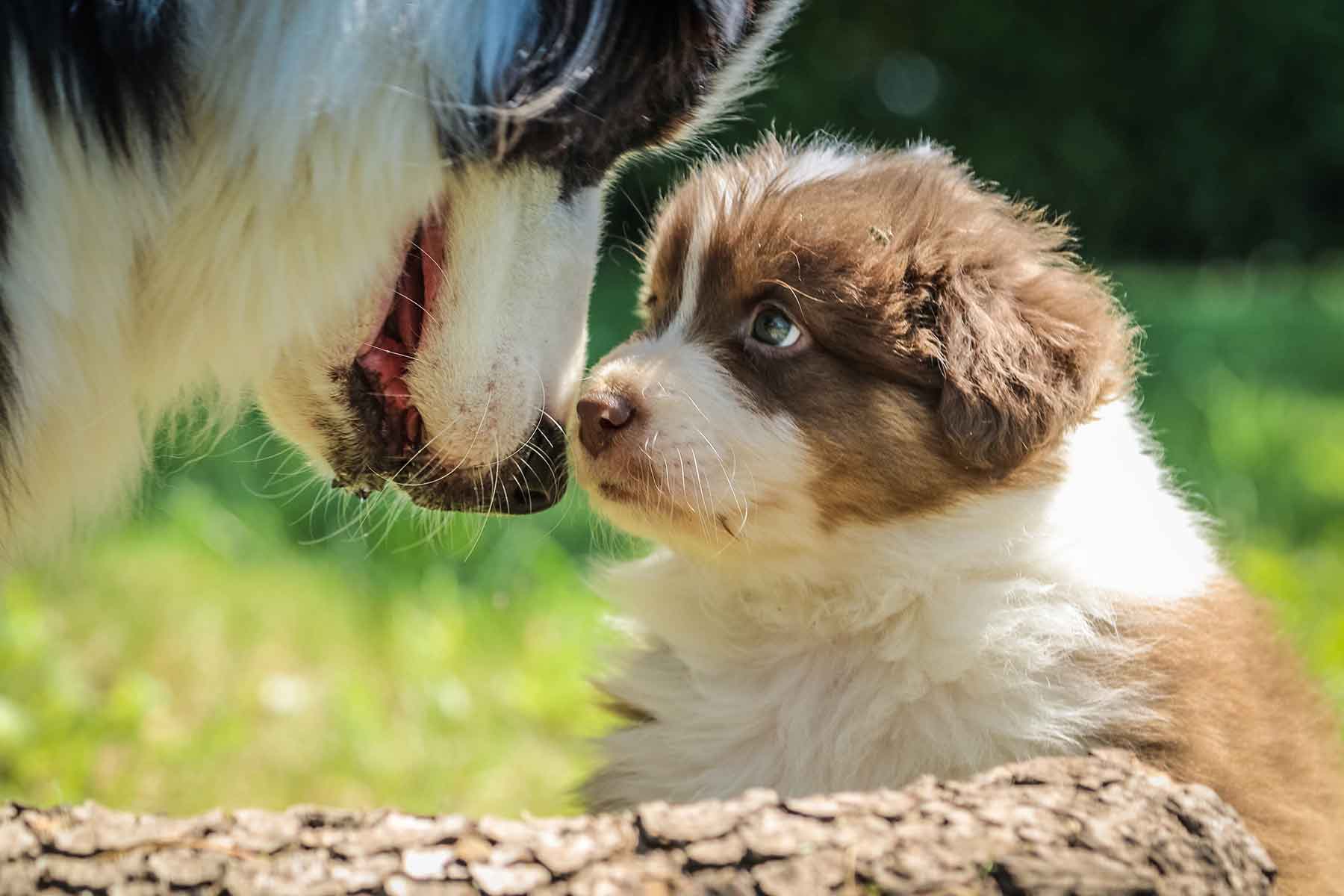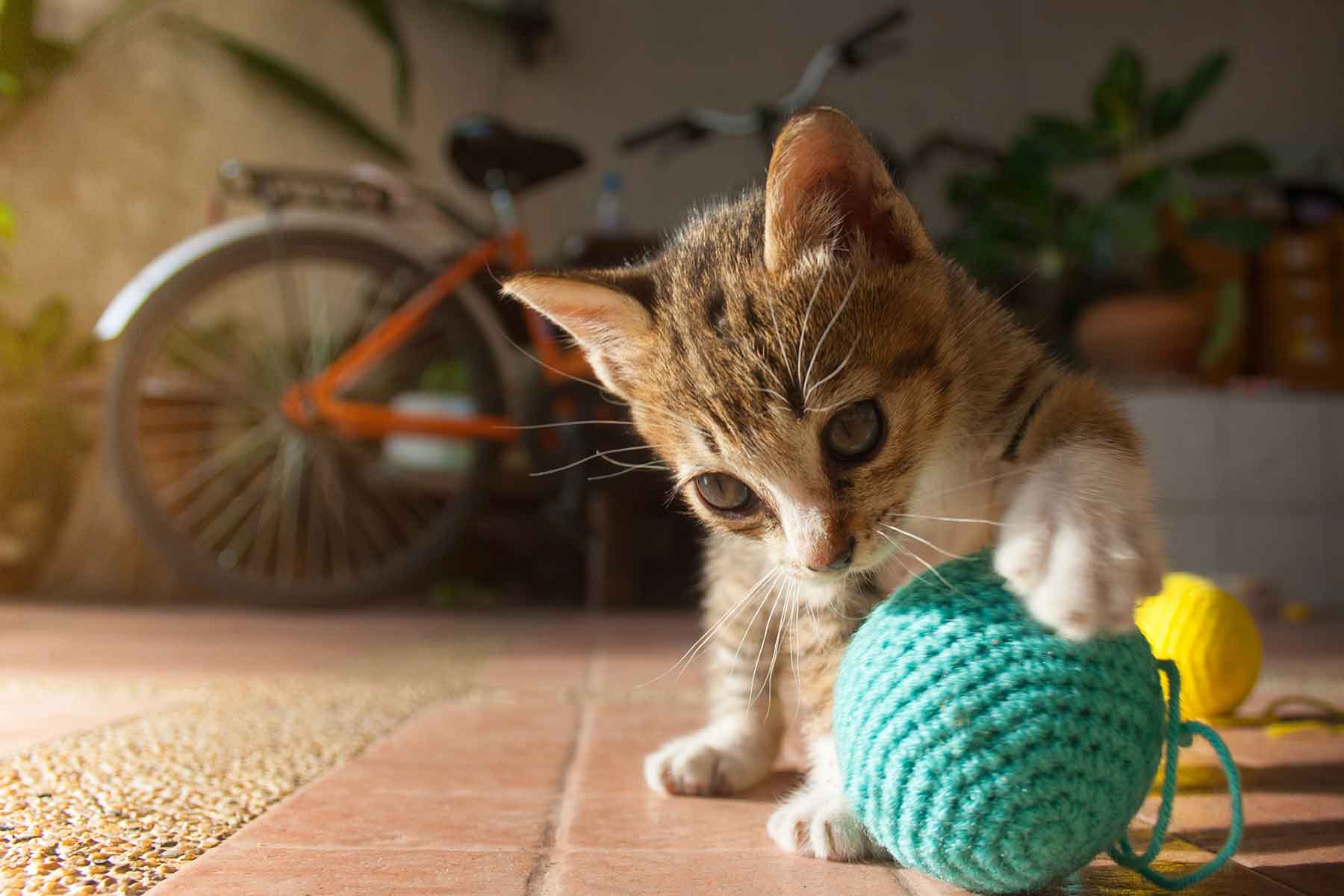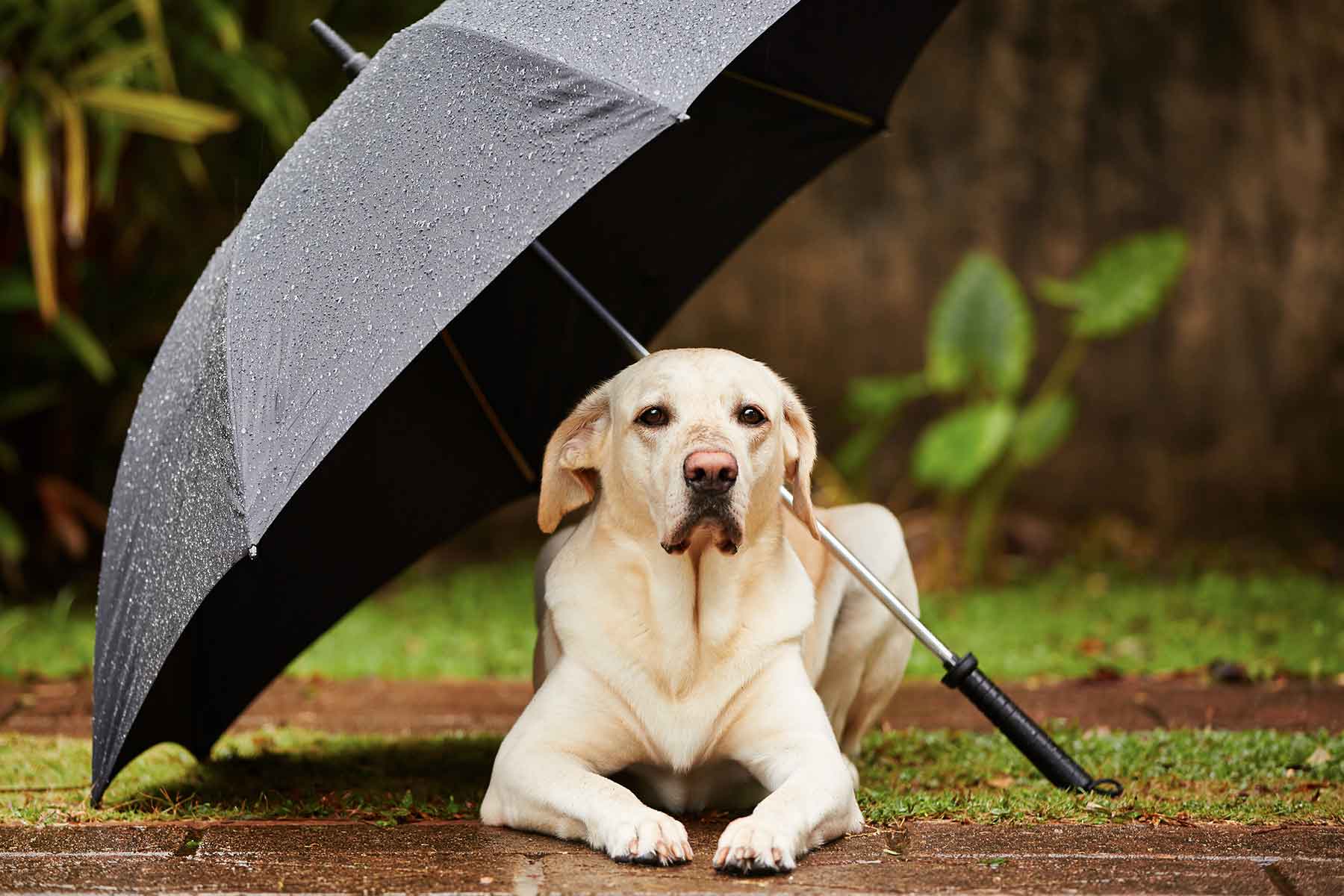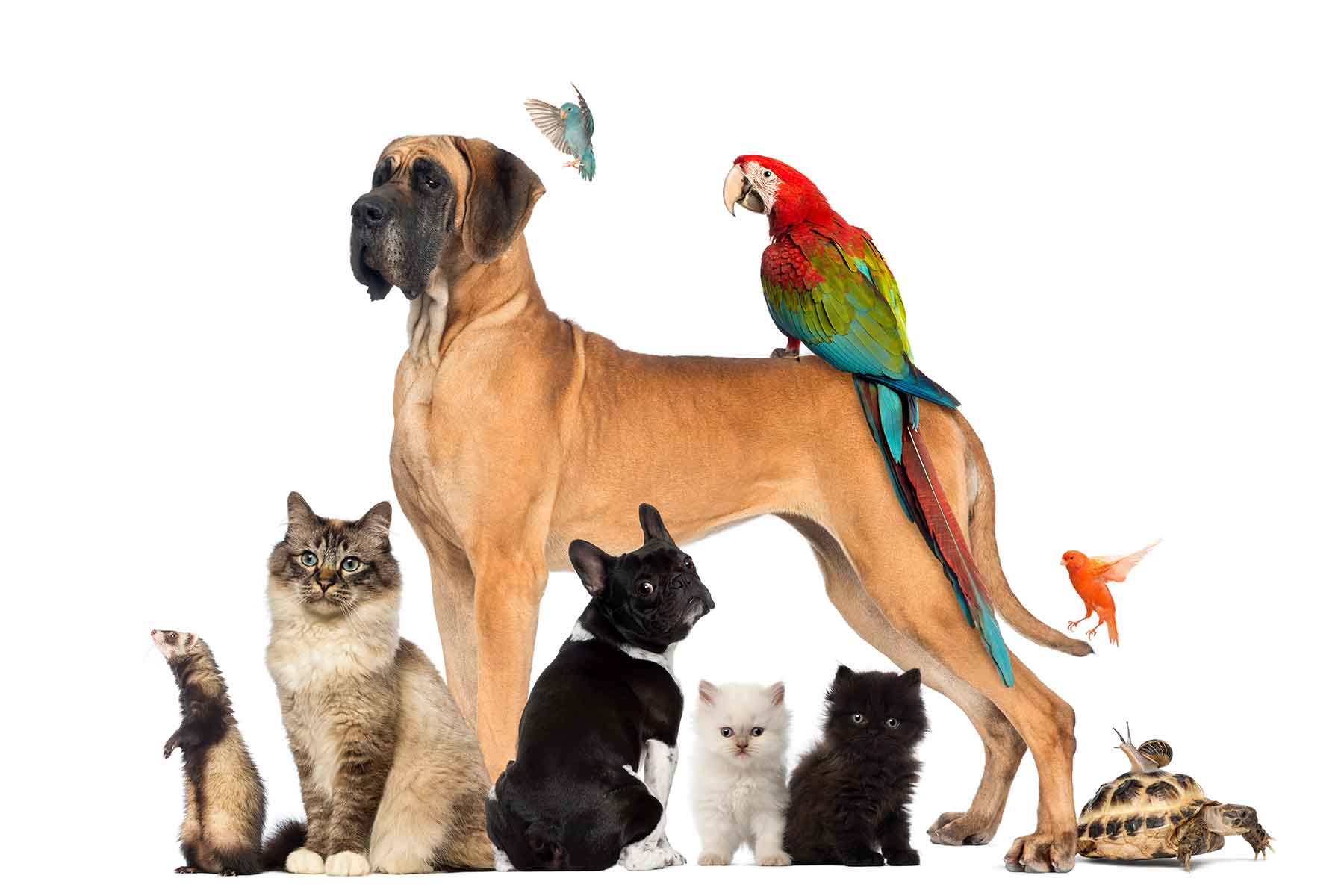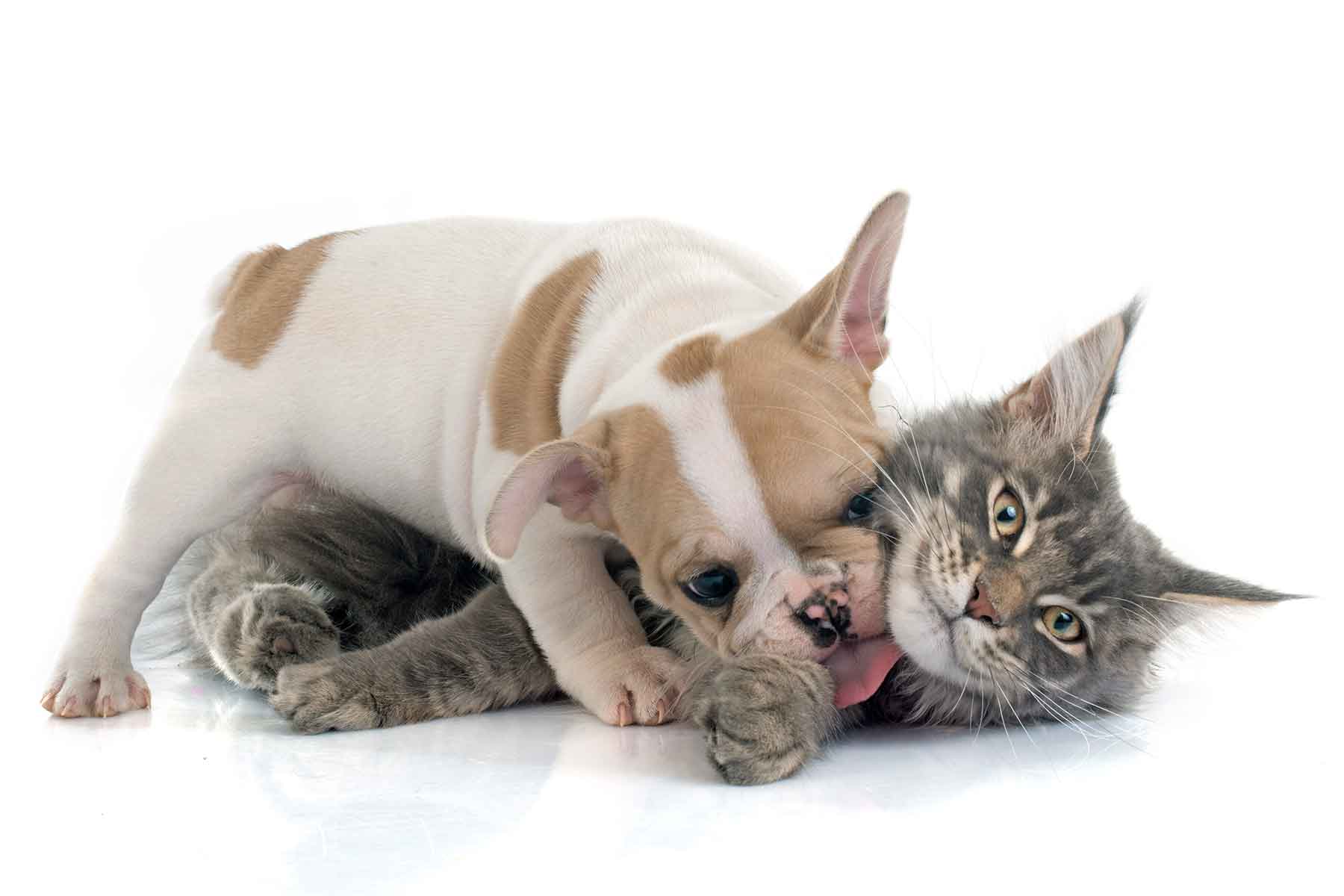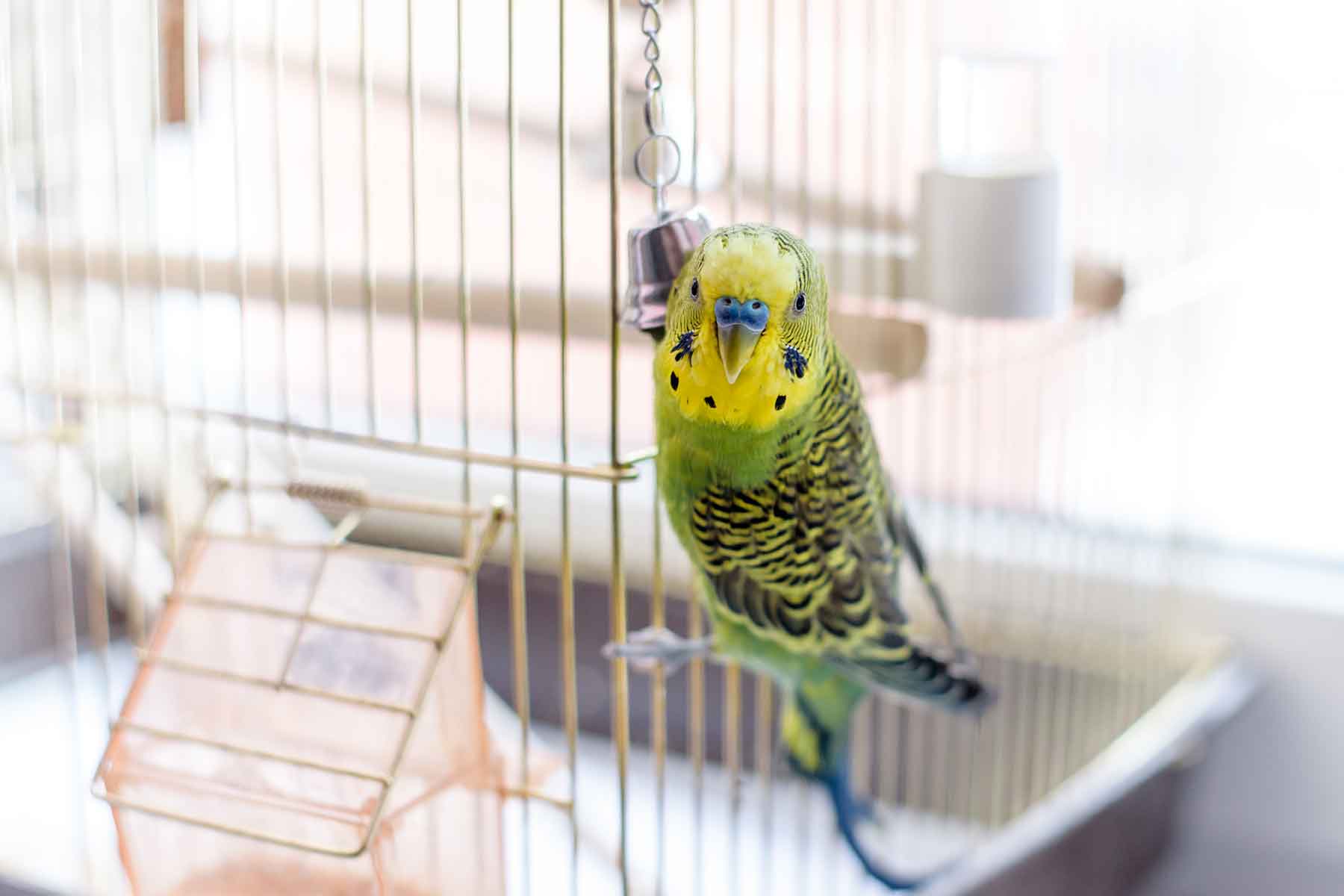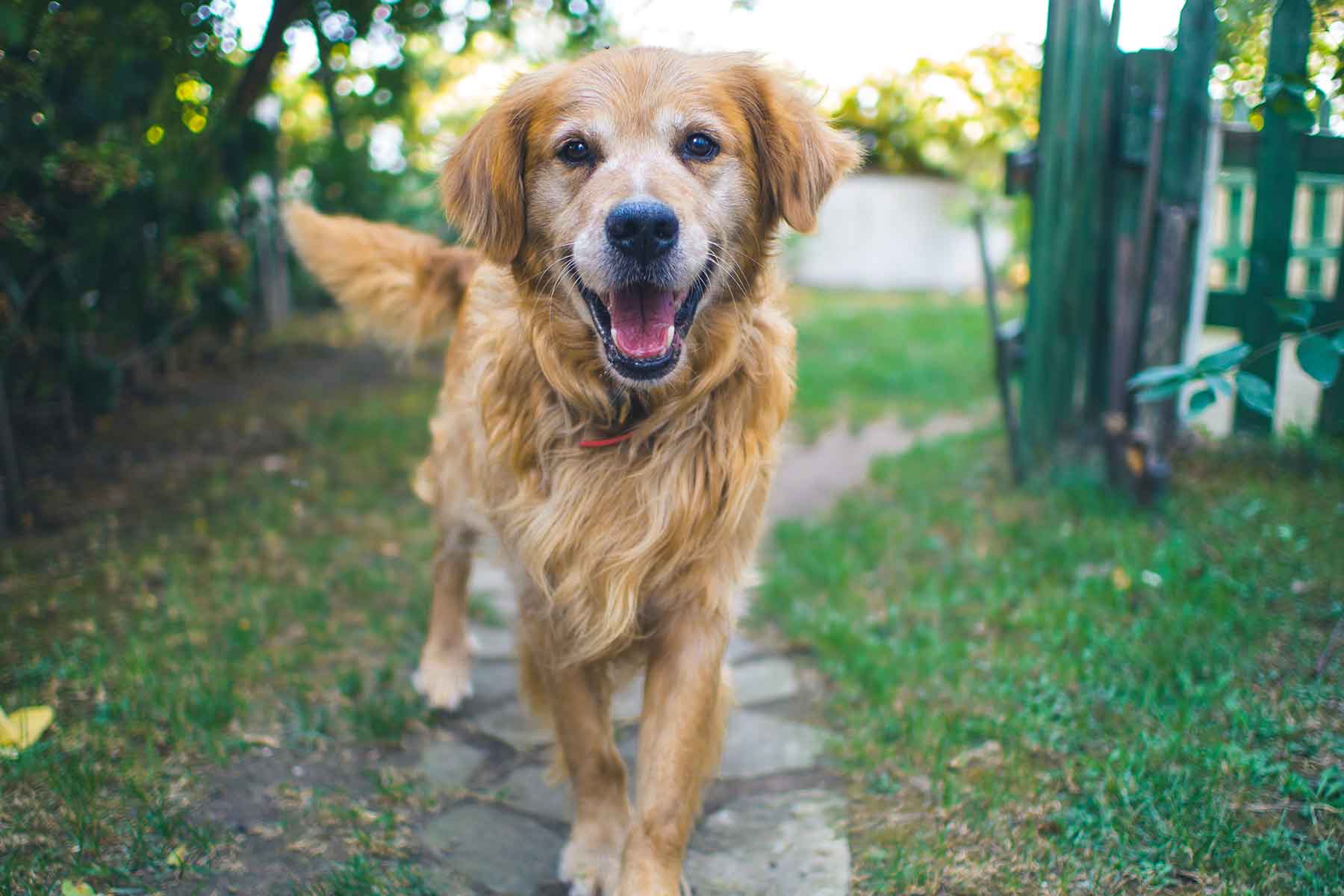Referred to in some readings as the African Lion Hound, the Rhodesian Ridgeback is said to take its ancestry from the canine hunting companions of native warriors from South Africa. By necessity, the Rhodesian Ridgeback had to be extremely versatile. They needed to be fast enough to chase and cut off escaping game, strong enough to pull down wounded bucks, courageous enough to hold lions at bay, and tough enough to withstand extremes in temperature, including going without water for up to twenty-four hours at a time. Added to that they needed to be an attentive watchdog to keep guard over the Boer farmers, their families and livestock.
Temperament and Appearance
Bold and fearless by nature, the Rhodesian Ridgeback displays great stamina and will be protective of family and property. The Ridgeback is an easy going canine who will be forever faithful to their human companion. They are happy to be involved in any family activity and equally happy to be lazing around the house, smooching for some attention or to lie at your feet (or rather on your feet).
They are responsive to training and socialisation from a young age, which is essential to harness their guarding nature and ensure a well behaved easy to manage companion. With the right start in life a Ridgeback is easy to care for, co-operative and will continue to be responsive to training.
The Rhodesian Ridgeback has a short, sleek coat, with a clearly defined ridge of hair down the back growing in the opposite direction to the rest of the coat. All Ridgebacks are a wheaten-tan colour, some dogs being darker than others.
Lifespan
10-12years
Grooming and care
The coat is sleek and short and therefore requires little grooming.
Exercise
There’s no doubt about it the Ridgeback is one dog that needs daily exercise but care should be taken not to over exercise growing puppies to prevent problems such as Hip Dysplasia.
Health concerns
For the latest research in breed-related problems in Rhodesian Ridgebacks visit the University of Sydney’s LIDA (Listing of Inherited Disorders in Animals) website.

